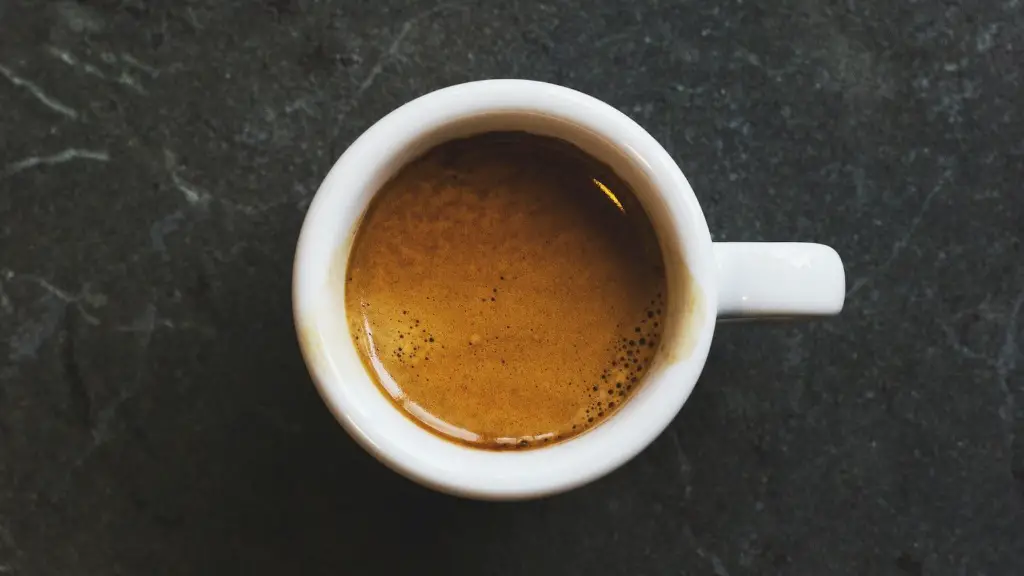Background
Caffeine is a widely used stimulant and can be found naturally in coffee, some teas and cocoa, as well as in energy drinks, gums, pills and many other products. It is estimated that about 80 percent of the world population consumes caffeine in one form or another. Because of its psychoactive properties, it is widely used to reduce fatigue and boost alertness. Many people rely on this powerful stimulant to get through the day, but for those of us who are used to drinking coffee regularly, headaches can occur when we go without it.
Symptoms
Headaches induced by caffeine withdrawal are the most common symptom. Other symptoms include difficulty concentrating, irritability, sleep disturbances, confusion, restlessness and fatigue. These symptoms typically start within a day or so of missing that daily cup of coffee and can last anywhere from a couple of hours to a couple of days. A study published in the journal of Headache and Pain discovered that caffeine withdrawal can lead to an increase in susceptibility to headaches.
Mechanism
The mechanism works like this. Caffeine is an antagonist, or blocker, of specific receptors in the brain. When caffeine is blocked, it causes the release of certain neurotransmitters that act on pain signals in the brain, which can result in headaches. These same neurotransmitters are responsible for the other symptoms related to caffeine withdrawal.
Treatment
The most effective way to treat caffeine withdrawal headaches is to slowly reduce consumption of coffee and caffeine-containing beverages over several weeks. This gradual decrease gives the body time to adjust without extreme discomfort. Another option is to switch to decaffeinated coffee products or other caffeine-free products such as herbal teas. Caffeine supplements are also available, but they should be used with caution because of their potentially strong effects.
Nutrition
It’s important to keep in mind that coffee and other caffeinated beverages are diuretics, meaning that they can cause dehydration which can also lead to headaches. It is important to stay hydrated by drinking plenty of water and eating a nutritious, balanced diet. Additionally, the American Academy of Neurology recommends that magnesium and B-vitamins can reduce the risk for headaches. Foods such as fish, dark leafy greens, nuts and seeds, legumes, and whole grains contain magnesium and B-vitamins.
Recommendations from Experts
Experts recommend that people who suffer from migraine headaches should speak to their doctor before reducing their caffeine intake. This is especially important for migraineurs who rely on caffeine or caffeine-containing products to treat the pain associated with migraine. The American Migraine Foundation also recommends that people with migraine should drink water instead of coffee or other caffeinated beverages, as well as limit their alcohol intake.
Psychology
Caffeine is a powerful stimulant and can cause people to become emotionally dependent on it over time. Therefore, it is important to be aware of the psychological effect of missing your daily dose of caffeine. An analysis published in the journal Substance Abuse revealed that regular coffee drinkers experienced negative emotions when deprived of their usual serving. In addition to mood disturbances, withdrawal from caffeine can lead to difficulty thinking clearly and making good decisions.
Tolerance
When consumed in larger amounts, caffeine can build tolerance. This means that the user will require increasingly more of it in order to experience the same effects. It also means that when the dose is decreased, the user will experience an increase in symptoms associated with caffeine withdrawal. Therefore, it is important to be aware of how much caffeine you are consuming and the potential effects of decreasing it.
Diet Changes
Making gradual changes to your diet may help reduce or even eliminate the withdrawal symptoms associated with going without coffee. Eating smaller meals throughout the day, avoiding processed foods and eating foods high in vitamins and minerals can help reduce the incidence and severity of headaches. Additionally, avoiding or reducing the intake of alcohol can help reduce the intensity of symptoms associated with caffeine withdrawal.
Aerobic Exercise
Lastly, regular aerobic exercise, such as running or walking, can help reduce the intensity of withdrawal symptoms. Exercise helps to boost endorphins, which can help reduce the headache intensity and duration. Additionally, aerobic exercise helps to release muscle tension, which can help reduce overall headache intensity and duration.


